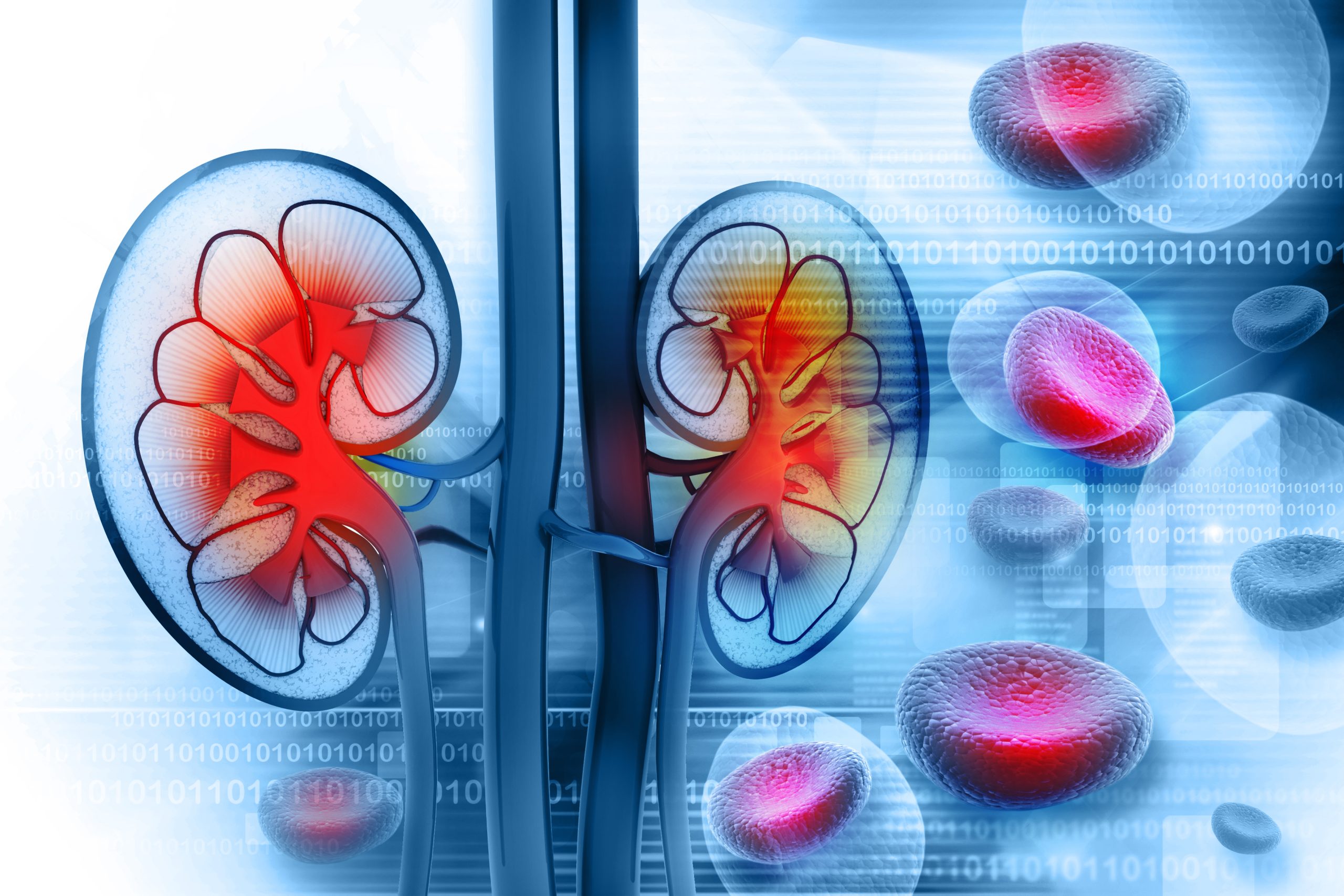Recognizing the early symptoms of an aortic aneurysm is crucial for timely intervention and better health outcomes. Many individuals are unaware that this condition can develop silently, often without noticeable symptoms, until it becomes life-threatening. For those searching for information on Aortic Aneurysm in Manassas, VA, understanding the warning signs and seeking prompt medical attention is essential for preventing complications.
Understanding Aortic Aneurysm
An aortic aneurysm occurs when a section of the aorta, the major blood vessel carrying blood from the heart to the rest of the body, becomes weakened and bulges outward. This condition can develop in various areas of the aorta, including the abdominal or thoracic regions. Although some aneurysms remain small and stable, others can enlarge and pose serious risks if not detected early.
Common Early Symptoms
Most aortic aneurysms do not cause symptoms in their early stages, which makes them particularly dangerous. However, some individuals may experience subtle signs, including persistent back or abdominal pain, a pulsating sensation near the navel, or unexplained chest discomfort. If these symptoms occur, especially in individuals with risk factors such as high blood pressure, smoking history, or a family history of aneurysms, immediate evaluation by a healthcare professional is recommended.
Risk Factors and Prevention
Certain factors increase the likelihood of developing an aortic aneurysm. These include age (typically over 60), male gender, smoking, hypertension, and a history of cardiovascular disease. Regular check-ups, maintaining a healthy lifestyle, and managing chronic conditions can help reduce the risk. Physicians often recommend screening for individuals with a family history or other risk factors, as early detection is crucial in preventing rupture or other complications.
When to Seek Medical Attention
If you experience sudden, severe pain in the chest, back, or abdomen, shortness of breath, or symptoms of shock such as rapid heartbeat or fainting, seek emergency medical care immediately. These may indicate a ruptured aneurysm, which is a life-threatening situation requiring prompt intervention. Even in the absence of symptoms, those at risk should consult a vascular specialist for personalized screening and advice.
For residents of Manassas, VA, prioritizing vascular health and recognizing the early signs of an aortic aneurysm can save lives. For expert consultation and care, National Vascular Associates is a reliable partner in the region, offering comprehensive vascular health solutions and support.

